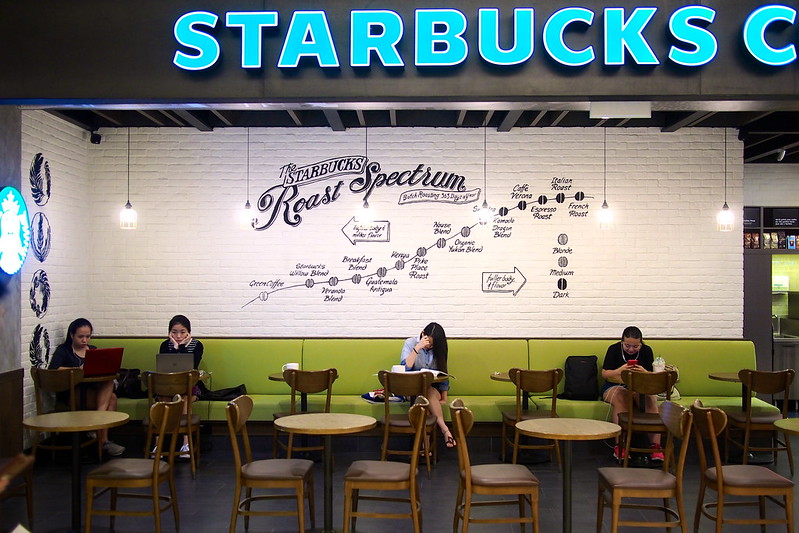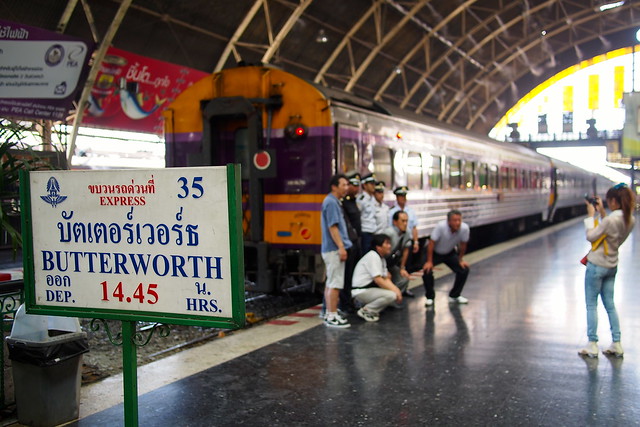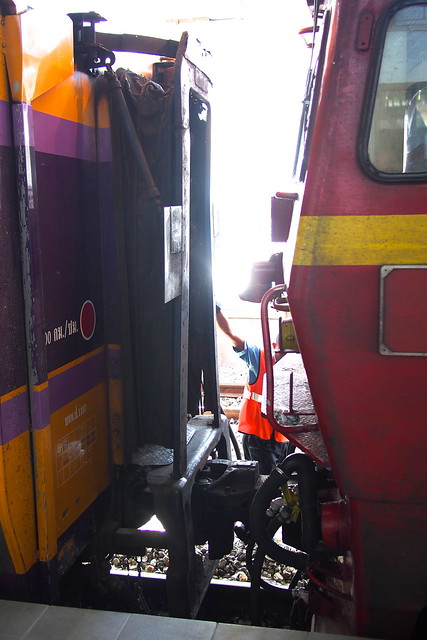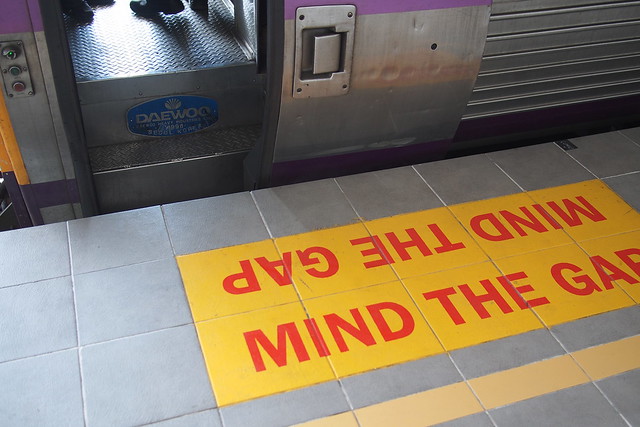3 days after the Friday the 13th Paris Attacks and the commentaries keep rolling in.
If nothing else, they confirm Leo Tolstoy’s dismissal of the arrogance of historians and commentators who claim to have knowledge of the past and think they understand the causes of present day events.
“Both Tolstoy and Maistre think of what occurs as a thick, opaque, inextricably complex web of events, objects, characteristics, connected and divided by literally innumerable unidentifiable links – and gaps and sudden discontinuities too, visible and invisible. It is a view of reality which makes all clear logical and scientific constructions – the well-defined, symmetrical patterns of human reason – seem smooth, thin, empty, “abstract” and totally ineffective as means either of description or of analysis of anything that lives, or has ever lived.” (Isaiah Berlin, The Hedgehog and The Fox)
To expand on the list given earlier, these have been trotted out as the cause(s) of the rise of ISIS/ISIL/the Islamic State/Daesh and/or the resulting atrocities (though even that link shouldn’t be a foregone conclusion) – in no particular order:
- historic Sunni v Shia sectarianism (“From Muhammed to ISIS: Iraq’s full story“, Tim Urban, Wait But Why, September 2014)
- bad memories of Hulagu Khan’s sack of Baghdad in 1258 (“Invaders – destroying Baghdad“, Ian Frazier, The New Yorker, 25 April 2005)
- collapse of the Ottoman Empire
- French attempts to divide, administer the Syrian and Lebanese bits of the ex-Ottoman Empire (“Understanding Syria: from pre-civil war to post-Assad“, William R. Polk, The Atlantic, 10 December 2013)
- establishment of the state of Israel
- Wahhabist and Salafist interpretations of Islam (“You can’t understand ISIS if you don’t know the history of Wahhabism in Saudi Arabia“, Alastair Crooke, The Huffington Post, 28 August 2014)
- the West not interfering with the Wahhabism of Saudi Arabia (“You can’t understand ISIS if you don’t know the history of Wahhabism in Saudi Arabia“, Alastair Crooke, The Huffington Post, 28 August 2014)
- the Cold War
- communism
- Western and Russian proxy wars
- rogue British official, Harry St. John Philby’s, encouragement of Saudi ambition, against Britain’s instructions (“Middle East time bomb: the real aim of ISIS is to replace the Saud family as new emirs of Arabia“, Alastair Crooke, The Huffington Post, 2 September 2014)
- trade sanctions
- U.S. liberation/invasion of Iraq
- Iraq demanding the exit of U.S. and refusing to sign agreements for the protection of U.S. troops (“No, Obama didn’t lose Iraq“, Colin H. Kahl, Politico Magazine, 15 June 2014)
- U.S. leaving Iraq (“We never should have left Iraq“, Reihan Salam, The Slate, June 2014)
- former Iraqi prime minister, Nouri al-Maliki’s, failure – a Shia, his sectarian politics inflamed Sunni-Shia tensions (“How can the U.S. help Maliki when Maliki’s the problem?“, Marc Lynch, The Washington Post, 12 June 2014)
- this was a reaction to / reprisals for previous Sunni minority oppression of Shia majority in Iraq
- Iraq requesting U.S. assistance but U.S. unable to endorse continued sectarian policies (“How can the U.S. help Maliki when Maliki’s the problem?“, Marc Lynch, The Washington Post, 12 June 2014)
- Syrian government selling its wheat reserves in 2006 so not having enough to feed its people during the drought years (“Understanding Syria: from pre-civil war to post-Assad“, William R. Polk, The Atlantic, 10 December 2013)
- Arab Spring liberalism inspiring the 2011 Syrian Uprising
- Assad’s bad memories of the 1982 Hama uprising
- Assad, the Syrian government, actually releases Islamic extremists to join the rebels so that no foreign backers would support them
- internal fighting amongst the Syrian rebels
- proxy war in Syria (Assad, Iran, Hezbollah, Russians v Syrian Free Army, Gulf States, Jordan, U.S.A.)
- Saudi Arabia’s lack of liberalism (“To defeat ISIS, we must call both Western and Muslim leaders to account“, Laila Lalami, The Nation, 15 November 2015)
- Saudi Arabia’s lack of liberalism containing the spread of ISIS ideology (“Middle East time bomb: the real aim of ISIS is to replace the Saud family as new emirs of Arabia“, Alastair Crooke, The Huffington Post, 2 September 2014)
- global warming, causing droughts, leading to the migration of rural refugees to the cities, increasing competition for scarce resources and jobs, fuelling unrest, resulting in 2011 Syrian Uprising (“Global warming contributed to 2011 Syrian’s uprising, scientists say“, Ian Sample, The Guardian, 2 March 2015)
- yes climate change but with a whole load of tinder in the tinderbox (“What everyone gets wrong about the link between climate change and violence“, Brad Plumer, The Vox, 15 November 2015)
- the power of oil used to spread Wahhabism (“You can’t understand ISIS if you don’t know the history of Wahhabism in Saudi Arabia“, Alastair Crooke, The Huffington Post, 28 August 2014)
- the curse of oil
- foundational scriptures containing examples of religious militarism – whether rightly or wrongly interpreted
- Islam v modernity – the inability to accept the decline of the Muslim world, refusal to accept pluralism necessary for peaceful co-existence (“Islam’s civil war between medievalists and modernisers“, Husain Haqqani, The Telegraph, 15 November 2015)
- Saudi Arabia, Qatar, Kuwait, United Emirates paying protection money (“There is only one way to defeat ISIS“, Charles P. Peirce, The Esquire, 14 November 2015) – but cash flow seems to be to al-Qaeda, which is supposedly a competing terror outfit?
- Western and Russian failure to interfere enough to stop the flow of money
- Saudi Arabia denying they are funding ISIS, also ISIS really wanting to topple the Sauds and capture Mecca (“Middle East time bomb: the real aim of ISIS is to replace the Saud family as new emirs of Arabia“, Alastair Crooke, The Huffington Post, 2 September 2014)
- Syrian government, that is fighting ISIS, also paying ISIS for electricity (“Sunni fighters gain as they battle 2 government, and other rebels“, Thanassis Cambanis, The New York Times, 11 June 2014)
- poverty in the region
- ISIS just pays better than market rate, the greed of Iraqis and Syrians mercenaries who have joined up (“Sunni fighters gain as they battle 2 government, and other rebels“, Thanassis Cambanis, The New York Times, 11 June 2014)
- Western aid money – ending up in ISIS pockets (“Sunni fighters gain as they battle 2 government, and other rebels“, Thanassis Cambanis, The New York Times, 11 June 2014)
- Al-Ghazali’s anti-scientific ‘renewing of the faith’
- as Tolstoy also rightly pointed out, the personal circumstances of each individual ISIS fighter – perhaps, an absent father and learning difficulties (“Mothers of ISIS“, Julia Ioffe, The Huffington Post)
 There is nothing like the inability to untangle the strands that led to any one event, the lack of knowledge and processing power to comprehend the nature and nurture that made one individual the way he/she is at this present moment, to understand that we are far from being in control of our world.
There is nothing like the inability to untangle the strands that led to any one event, the lack of knowledge and processing power to comprehend the nature and nurture that made one individual the way he/she is at this present moment, to understand that we are far from being in control of our world.
There are two possible responses to this helplessness: (1) existentialism and despair; or (2) contending with the God who controls all things.
The absolute sovereignty of the LORD
You can’t really be a god worth worshipping unless you are (i) really in control of every single thing that happens in the world; (ii) eternal so you can control even time. And this is what the LORD claims – he is in-charge of the sway of international affairs as he is of the rhythms of the day and the hirsuteness of an individual:
his dominion is an everlasting dominion,
and his kingdom endures from generation to generation;
all the inhabitants of the earth are accounted as nothing,
and he does according to his will among the host of heaven” (Daniel 4:34-35a)the Most High rules the kingdom of men and give it to whom he will and sets over it the lowliest of men (Daniel 4:17, 25c, 32b)
The king’s heart is a stream of water in the hand of the Lord;
he turns it wherever he will. (Proverbs 21:1)he makes his sun rise on the evil and on the good, and sends rain on the just and on the unjust (Matthew 5:45)
Are not two sparrows sold for a penny? And not one of them will fall to the ground apart from your Father. But even the hairs of your head are all numbered. (Matthew 10:29-30)
The LORD’s sovereignty over evil
And just so we can be sure no one made up this God, being sovereign also means he has control over evil; there isn’t even a hint of any duality of good and evil that would make him less than completely sovereign:
Does disaster come to a city, unless the Lord has done it? (Amos 3:6)
I form light and create darkness, I make well-being and create calamity, I am the Lord, who does all these things (Isaiah 45:7)
But…the present evil…?
The more pressing question is: why the present good? Because evil is to be expected in a fallen world where men’s hearts are evil all the time.
But if God is in control, how can evil happen and he still be a good God?
An old question and one answered succinctly in the Book of Job:
“Who is this that darkens counsel by words without knowledge?
3 Dress for action like a man;
I will question you, and you make it known to me.
4 “Where were you when I laid the foundation of the earth?
Tell me, if you have understanding.
5 Who determined its measurements—surely you know!
“Shall a fault-finder contend with the Almighty?
He who argues with God, let him answer it.” (see Job 38-42!)
The Sovereign God is not obligated to explain his divine decisions to anyone. Job (and with him, all humankind) is put in his place. We have neither the ability nor the right to understand everything because we are not God. But what we do know from the Bible gives us sufficient cause to rely wholly on him as a good and trustworthy God.












